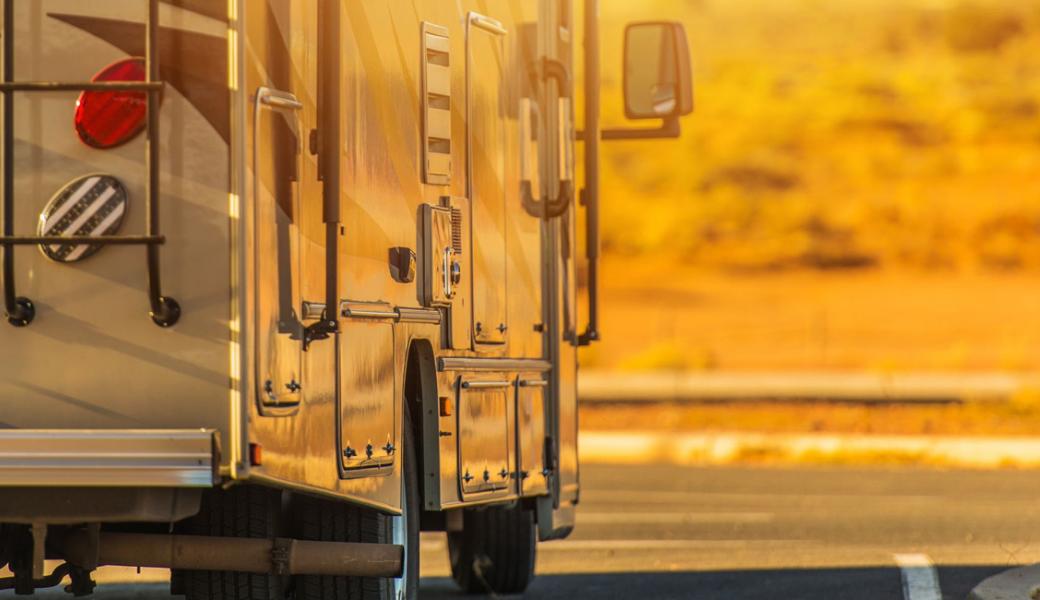CARB Adopts Low NOx Rule Increasing Motorhome Engine Costs Substantially

Last week, the California Air Resources Board (CARB) approved a staff recommendation to adopt the so-called Low Nitrogen Oxide (NOx) Omnibus Regulation in order to attain the targets set in the State Implementation Plan. This regulation will increase the cost of engines used in motorhomes significantly starting with the 2024 model year, particularly those motorhomes with diesel engines. CARB estimates that by 2031, the regulation will result in the lifetime cost of ownership increasing $8,841 for heavy-duty diesel engines and $5,814 for medium-duty diesel engines. These costs are associated with more stringent emissions certification standards, new in-use requirements, lengthened warranty requirements, enhanced durability demonstration requirements, enhanced defect reporting requirements, and increased diesel (DEF) consumption.
Unfortunately, CARB includes larger motorhomes in the same categories as heavy-duty trucks, even though motorhomes are driven significantly less miles each year.
The new standards will be phased-in in stages starting in 2024. They will ratchet up in 2027 and again in 2031. The cost increase for gasoline engines is projected by CARB to be much smaller than for diesel engines. Gasoline engines are expected to see an increase of $411.
This new regulation will work in concert with the Advanced Clean Trucks (ACT) initiative approved by CARB earlier this year by providing a mechanism to create NOx credit generation to offset some of the required zero-emission technologies in the first year of the ACT regulations.
For further details on the cost of the regulation, please see CARB’s economic analysis.
This rule was adopted with staff recommendations to take comments on a variety of proposed changes over the next few months. These changes include:
- Add temporary exemption for heavy-haul engines greater than 525 hp
- Modify Low Load Cycle for alternative-fueled engines
- Allow Zero-Emission powertrain manufacturers to generate engine NOx credits instead of vehicles
- Allow Zero-Emission NOx credits only until 2026 model year
- Expand On-Board Diagnostics flexibility to include 2022-2023 model year Otto-cycle engines
- Shorter durability demonstration option for 2024 to 2026 model year
- Minor editorial corrections and clarifications to Phase 2 greenhouse gas standard tractor and trailer requirements and environmental performance labels
For further information, please contact Director of State Government Affairs Michael Ochs at 571-665-5860 or mochs@rvia.org.
Please Sign in to View
Log in to view member-only content.
If you believe you are receiving this message in error contact us at memberservices@rvia.org.
